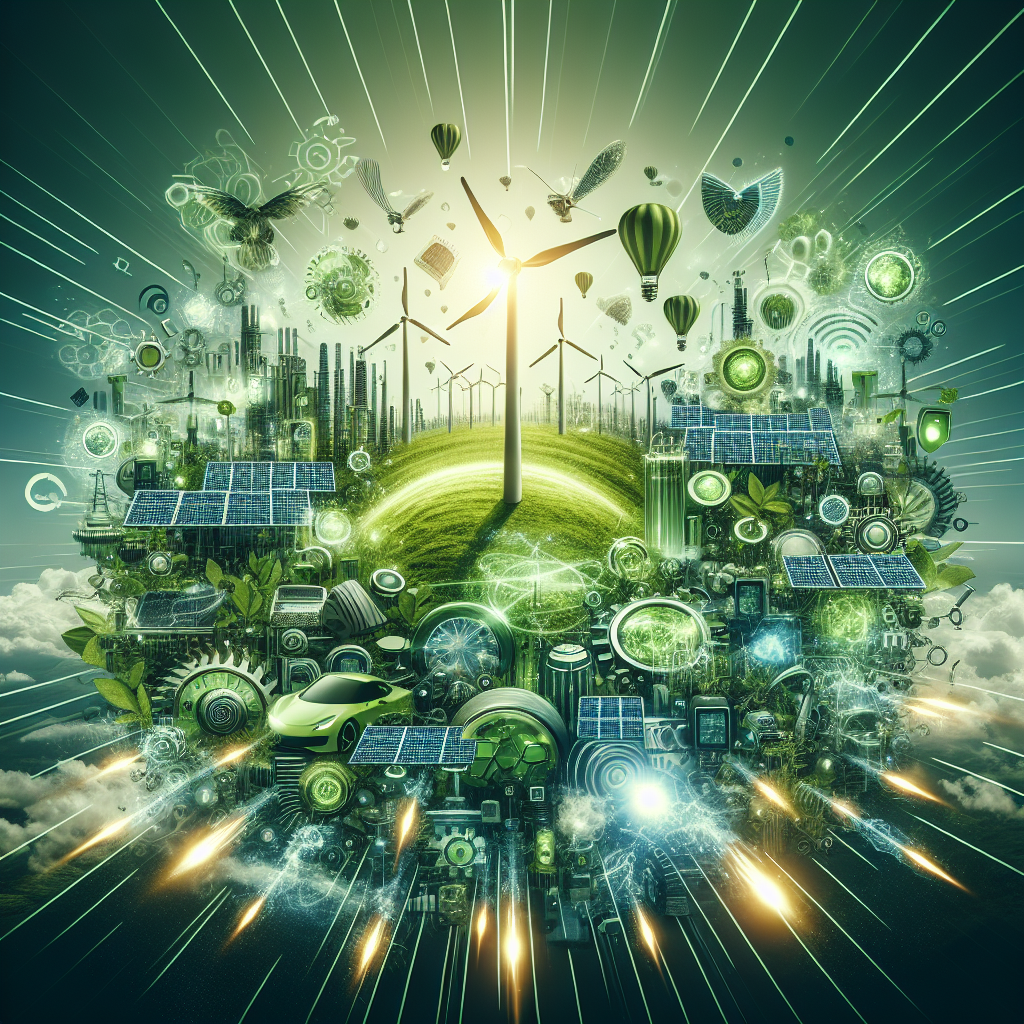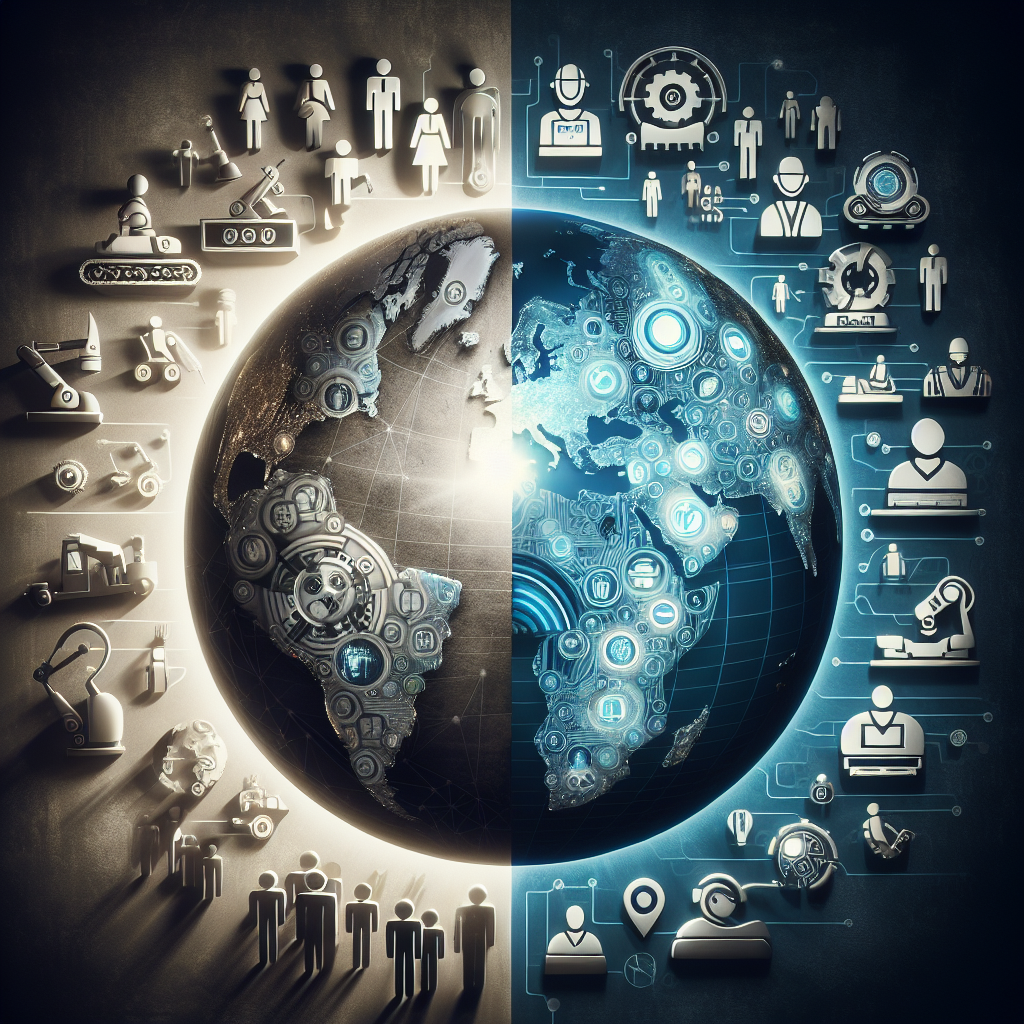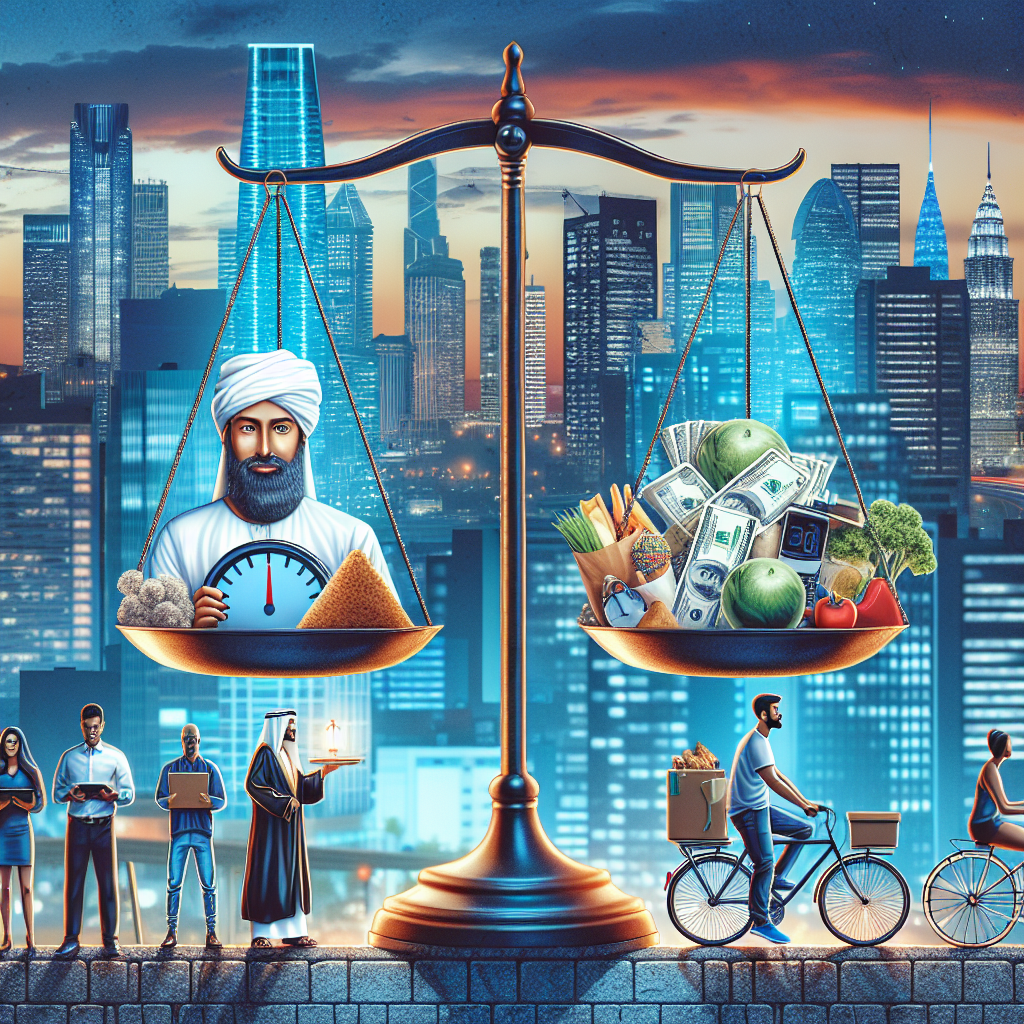The Rise of AI: How Artificial Intelligence is Shaping the Future
Artificial Intelligence (AI) is no longer a concept confined to the realms of science fiction. In recent years, it has transitioned from theoretical possibilities to transformative realities that are rapidly reshaping industries, economies, and societies across the globe. As AI technologies continue to evolve, they are becoming increasingly integrated into our daily lives, promising to revolutionize the way we work, live, and interact.
The Evolution and Growth of AI
AI is a branch of computer science focused on creating systems capable of performing tasks that typically require human intelligence. These tasks include learning, reasoning, problem-solving, perception, language understanding, and even decision-making. The journey of AI began in the mid-20th century, but it is the recent advent of powerful computing capabilities and large data sets that has spurred unprecedented growth.
From simple rule-based systems to sophisticated algorithms that can recognize patterns and make autonomous decisions, AI has made leaps and bounds. Machine learning (ML) and deep learning (DL), subsets of AI, have been particularly influential. These technologies enable machines to learn from data and improve over time without explicit programming.
Transforming Industries
AI is a catalyst for innovation across various industries, streamlining operations, enhancing customer experiences, and creating new avenues for growth.
Healthcare
In healthcare, AI-driven systems are enhancing diagnostic accuracy and efficiency. Machine learning algorithms analyze vast amounts of medical data to detect conditions such as cancer at early stages, predict patient outcomes, and personalize treatment plans. AI-powered surgical robots assist surgeons with precision and reduce recovery times, while virtual health assistants offer patients timely support.
Finance
In the finance sector, AI is playing a critical role in fraud detection, risk assessment, and personalized banking. AI algorithms analyze transaction patterns to identify fraudulent activities in real-time. Robo-advisors use AI to provide personalized investment advice, making financial planning accessible to a broader audience. Moreover, AI-driven chatbots offer customer service around the clock, improving client satisfaction.
Transportation
The transportation industry is experiencing a paradigm shift with the advent of autonomous vehicles. Self-driving cars rely on AI for navigation, obstacle detection, and decision-making. These vehicles promise to reduce accidents, enhance mobility for the elderly and disabled, and alleviate traffic congestion. Similarly, AI optimizes logistics and supply chain management, leading to more efficient delivery processes.
Agriculture
AI is revolutionizing agriculture by enabling precision farming. Drones and satellites equipped with AI analyze crop health, soil conditions, and weather patterns, allowing farmers to make informed decisions. AI-powered systems optimize irrigation and pesticide usage, leading to higher yields and sustainability.
Societal Impacts
Beyond industries, AI’s influence is permeating society in profound ways.
Employment and Workforce
AI is reshaping the labor market by automating repetitive tasks and augmenting human capabilities. While this raises concerns about job displacement, it also creates new opportunities. AI enhances productivity, allowing workers to focus on higher-value tasks that require creativity and emotional intelligence. Upskilling and reskilling initiatives are crucial to preparing the workforce for an AI-driven future.
Ethical Considerations
As AI systems become more ingrained in society, ethical considerations are paramount. Issues such as bias in algorithms, data privacy, and the use of AI in surveillance and military applications demand careful deliberation. Developing transparent, accountable, and fair AI systems is essential to ensure that these technologies benefit all of humanity.
Education and Learning
AI is transforming education by personalizing learning experiences. Intelligent tutoring systems adapt to individual student’s needs, providing targeted instruction and feedback. Virtual classrooms and AI-driven platforms facilitate remote learning, making education more accessible and inclusive.
Future Prospects
The potential of AI is vast and ever-expanding. As we advance, several key trends and areas of research are likely to shape the future:
General AI
While current AI systems are designed for specific tasks (narrow AI), the pursuit of artificial general intelligence (AGI) aims to create machines with human-like cognitive abilities. AGI could revolutionize problem-solving and decision-making, though it also raises complex ethical and existential questions.
AI and Creativity
AI is increasingly being used to augment creativity in fields such as art, music, and literature. Generative models can create original artworks, compose music, and even write poems. The collaboration between human creativity and AI has the potential to yield unprecedented artistic expressions.
AI in Climate Change
AI can play a pivotal role in addressing climate change. By analyzing climate data, predicting environmental changes, and optimizing resource use, AI technologies can help mitigate the impacts of global warming and support sustainable practices.
Conclusion
The rise of artificial intelligence is undeniably one of the most transformative phenomena of our time. As AI continues to evolve, it holds the promise of reshaping our world in ways we can scarcely imagine. By harnessing its potential responsibly and ethically, we can navigate the challenges and seize the opportunities that lie ahead, shaping a future where AI enhances human well-being and drives progress for all.














Leave feedback about this
You must be logged in to post a comment.